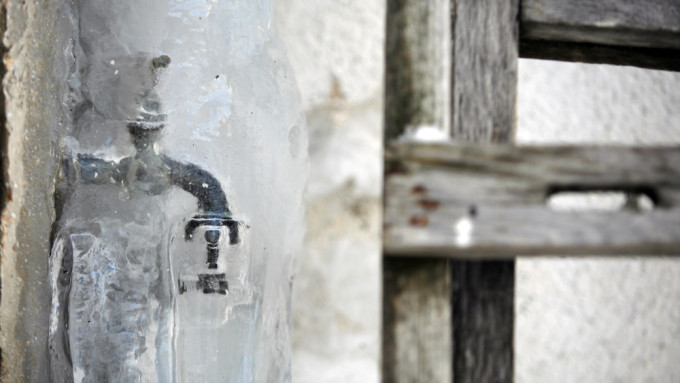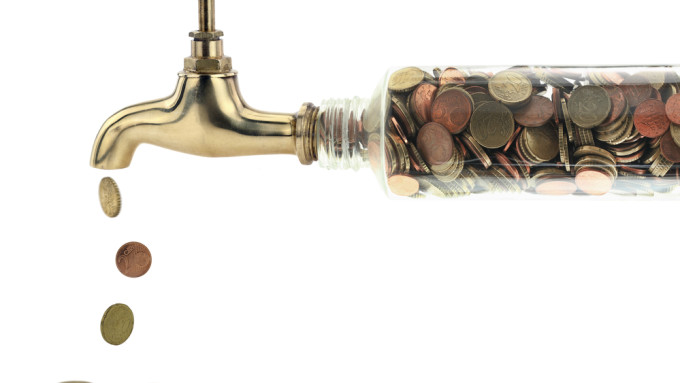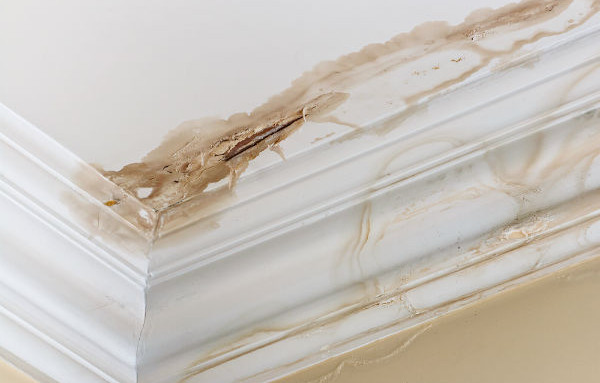We Californians don't normally have to worry about frozen pipes, so when we have to deal with them, such as when we have a vacation home in a place that endures winter weather, we may be unprepared to deal with things like frozen pipes. Read on to learn more about what frozen pipes are and how you can prevent or limit damage resulting from a pipe freeze.
Frozen pipes occur during winter months, when temperatures plummet below freezing. This impacts exposed or minimally protected pipes at risk, thanks to the unique nature of water, which expands when it freezes. The expansion of frozen water can compromise the integrity of the pipes it’s frozen in and can cause them to swell and burst.
How to Prevent Frozen Pipes
Prevention is key to avoiding frozen pipes, and there are some proactive measures that you can take to keep pipes on your property from freezing.
First, you need to assess the location of your pipes. Many newer homes built in colder climates are designed with pipes toward the center of the home to avoid issues with exposure to cold air and eliminate the likelihood that they will freeze. However, there are plenty of homes with exposed pipes in crawlspaces and poorly insulated exterior walls.
Regardless of your setting, here are some practical tips you should consider for preventing frozen pipes:
-
Wrap – use foam insulation to wrap pipes and keep them insulated from fluctuating temperatures
-
Dome – use specially designed domes to cover outdoor connection points, such as spigots
-
Open doors – keep doors to kitchens and bathrooms with sinks open to allow warm air from the center of the home into these piped areas
-
Drip – during bitterly cold times, drip a faucet or two to keep water moving through the pipes to minimize the risk of a freeze
What to Do if Your Pipes Freeze
Even if you’ve done your due diligence, a bitterly cold day or an unexpected freeze during a family vacation may result in frozen pipes. To avoid issues associated with a pipe burst, try the following tips to mitigate the problem:
-
Run a faucet – running a faucet will tell you if you should suspect a frozen pipe by releasing only a trickle, rather than a full stream
-
Apply heat to the suspected frozen pipe, in order to try and break up the ice inside the pipe
-
Use a hair dryer, heating pad, or space heater to apply heat
-
NEVER use a blowtorch or any other flame in an attempt to warm a pipe
-
-
Continue to run water
-
If pressure is not restored, call a plumber to get professional help in alleviating the frozen pipe problem
With the right prevention and care in minding your home’s pipe, you can avoid the nasty side effects of a frozen pipe problem. And should you encounter an issue, you can follow some simple steps to solve the problem and restore water flow to your faucets.



